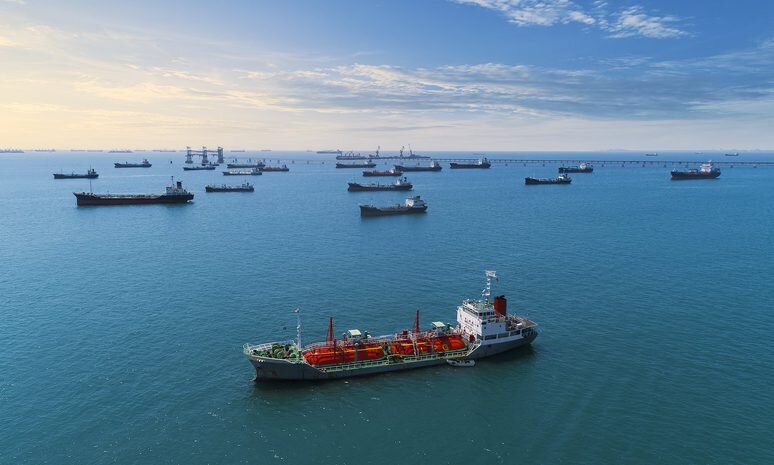Newsletter February 2021
Re-assess your risks in 2021
The Trump presidency and more recently the COVID-19 pandemic has intensified competition between the US and China. It is likely that both countries will seek superiority in the digital realm and restructure their supply chains.
According to the Global Risks Report 2021, Middle powers like Australia are likely to be squeezed. We are already suffering from China’s decisions to limit imports of a number of important commodities. Hopefully, we will not be put in a position where we have to pick a side.
We all hope that the Biden presidency can quickly repair the damage caused by the impact of the pandemic on the US. One of the salient lessons from the pandemic is the fragility of our supply chains and the prevalence of critical products being supplied from countries far from Australia – often a single source.
Use your 2020 experience to re-asses the resilience of your supply chains. If you have staff monitoring your modern slavery obligations, they may be able to assist.
The WEF Global Risks Report 2021 also identifies the ever increasing threat posed by hackers. The sophistication, number and funding of hackers (both criminals and nation states) continues unabated.
It is difficult for organisations to decide the extent of resources they should devote to this risk. The good news is that (like washing hands and wearing a mask) basic hygiene greatly reduces the risk from being the victim of a successful attack. The Australian Cyber Security Centre has an excellent guide to assist you implement these basic hygiene actions.
Is it time to review your cyber security approach in light of the ACSC guide?
The third and most prevalent risk identified was climate change. In the top seven global risks – climate change risks occupy four positions for impact and four for likelihood.
The seven hottest years on record globally all occurred in the past seven years.
Although most of us will remember 2020 as the year of COVID, the impact of climate change on Australia was exceptional – starting with the bushfires that engulfed SE Australia.
Australia is particularly exposed to climate change. On January 4th 2020, Penrith was the hottest place on Earth at 48.9˚C!
These physical risks, caused by extreme heat, storms and floods will increasingly impact the operations of Australian business.
If your organisation has widely distributed operations, has large critical assets, is heavily dependent on a reliable power supply or has long supply chains, we strongly advise that you re-visit your Risk Register in light of the warnings from the Global Risks Report and locally from the Climate Council
The Biden presidency has wasted no time in aggressively re-setting the strategy the US intends to employ to tackle climate change. In addition, the UK and the EU have already warned trading partners that they will use carbon tariffs to punish countries that they deem are not acting on climate change. This is a large risk for any Australian company that exports to the UK, EU or the US.
As a result, the Australian Government may need to implement policies that impact the operations of Australian companies.
Please consider these transition risks in light of your business operations. The Australian Government may move quickly in light of pressure from its trading partners. Policy action by the government may have a substantial impact on some of these risks.
Please also remember that throughout the pandemic, critical decisions were made by Governments. The primary obligation of your Crisis Management Teams was to comply with the instructions issued by the various Health Department and Chief Medical Officers.
If your business suffers a major hack, a fire to the building or sells a product that makes your customer sick, there will be no Government to give instructions on how you should manage the crisis. Furthermore, your competitors and customers may actively seek to profit from your misfortune.
Please contact Continuity Matters if we can help you re-assess your resilience, develop a business resilience program or validate your plans by conducting an exercise.



